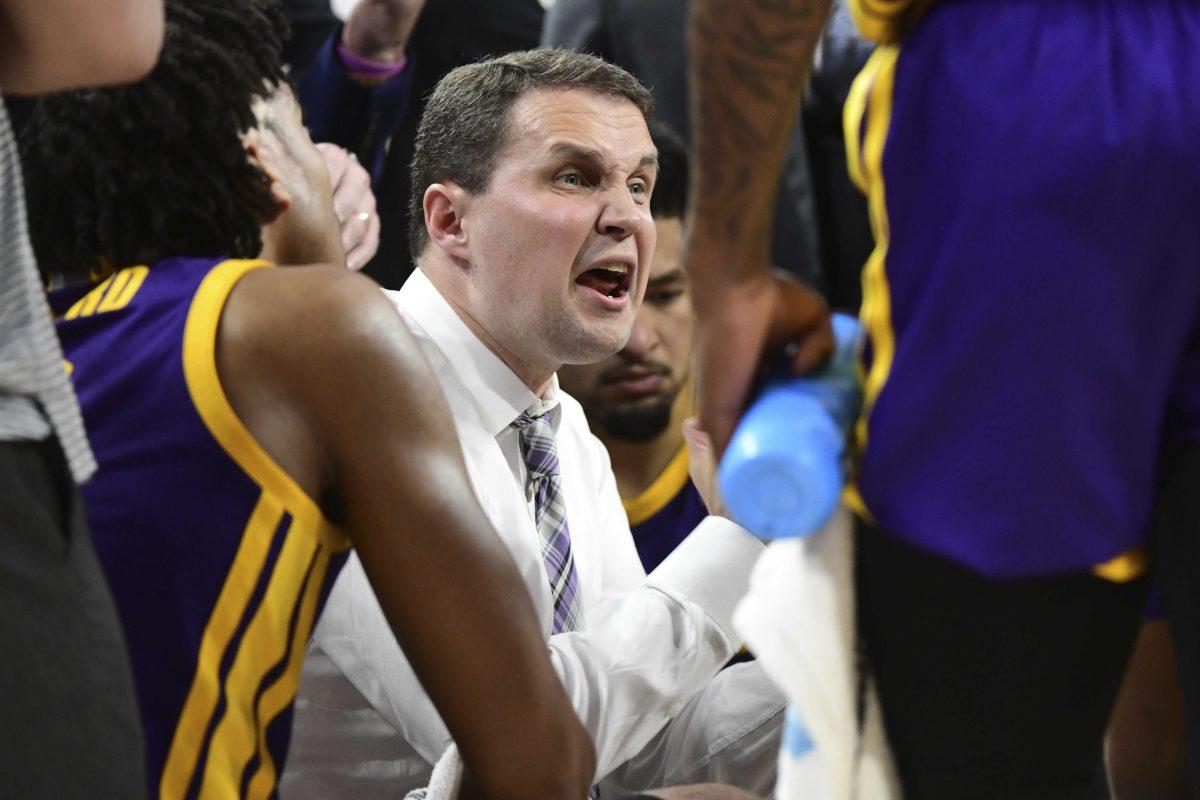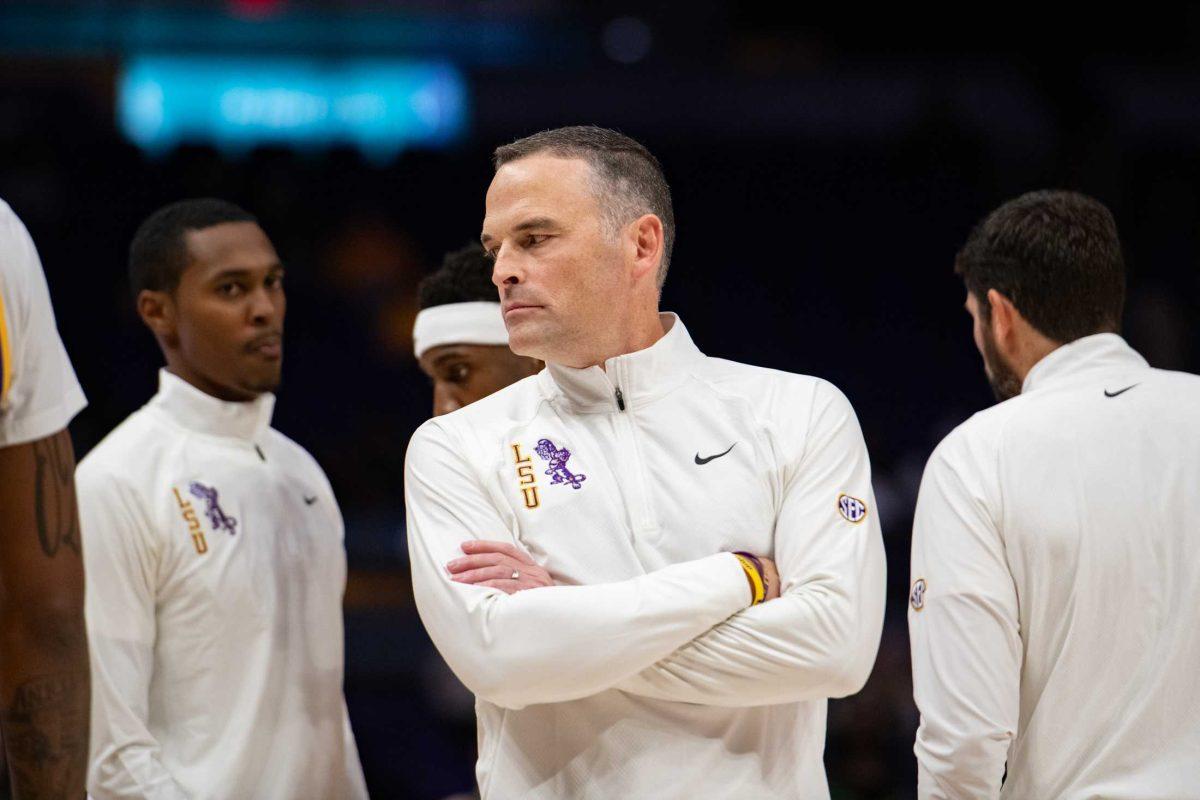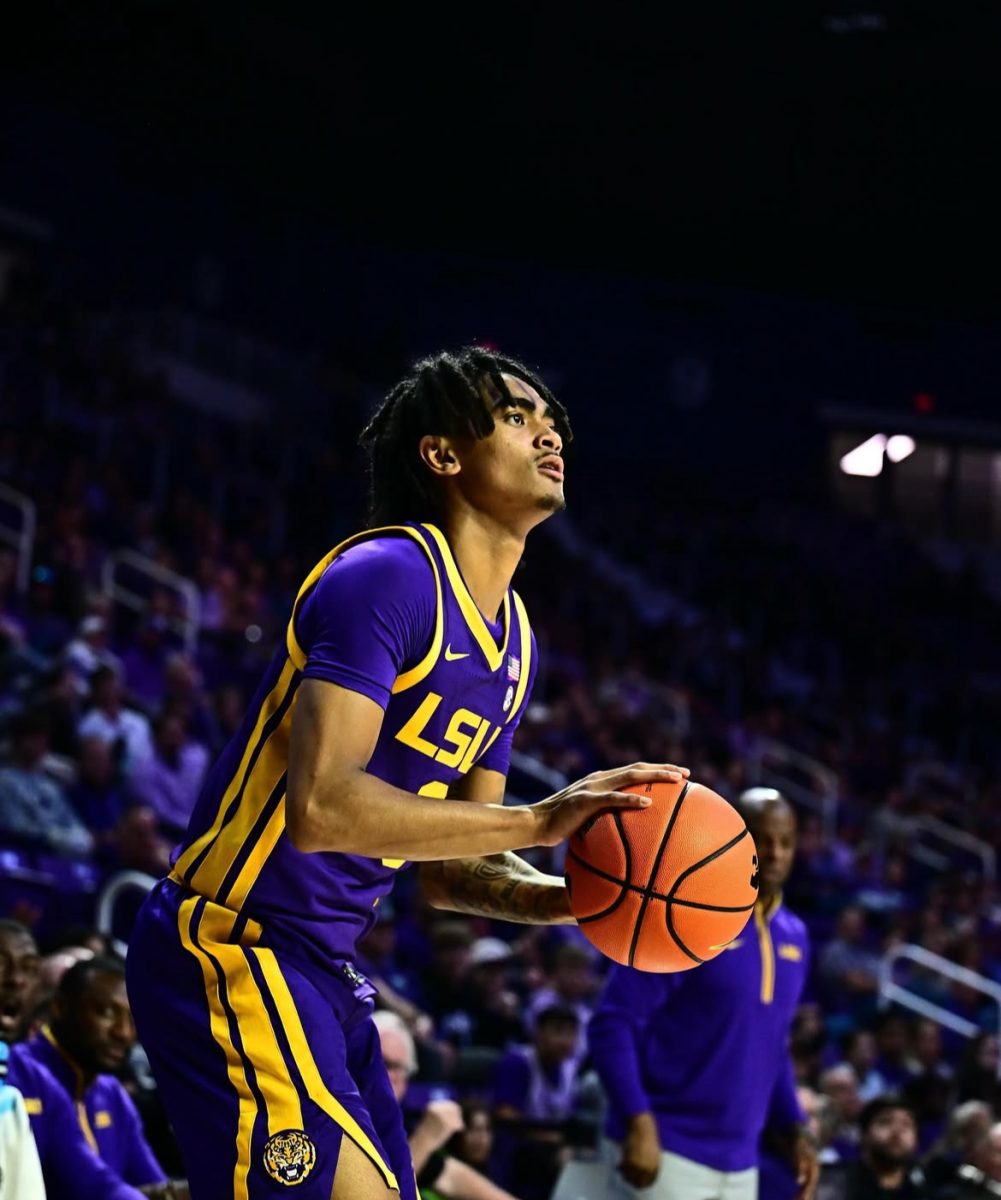Controversy and falling short of expectations have overshadowed the success Will Wade has had at LSU in just four seasons. He transformed a team that had finished the 2016-2017 season 10-21 and tied for last in the SEC into a regular-season title holder just two years later.
Wade has turned the team into one that regularly qualifies for the NCAA tournament and often contends for the SEC Title. But nothing has quite compared to the success of that second season, and it will be interesting to see if he can reignite the spark that was present before.
So, what did LSU have in 2018-2019 that they have not had since?
It certainly hasn’t been talent, as even with all the controversy surrounding Will Wade and recruiting, he hasn’t slowed down at all. His current class ranks sixth in the nation, and the class before that was tied for his best at fourth—the class that featured first-round pick Cameron Thomas and an array of talented four-star and three-star recruits.
LSU under Wade has produced NBA prospects such as Naz Reid, Tremont Waters, Skylar Mays and of course, Cameron Thomas. This is indicative of effective recruiting and player development.
It’s fairly obvious that the problems don’t lie with the individual players, but instead with the team and the way the last few have been built. Wade has produced highly rated class after highly rated class, but that doesn’t mean much if his team doesn’t have players that can play defense or rebound.
Part of the problem is that key players consistently concede from the team early, opting to take their talents to the pros after their freshman or sophomore seasons. LSU has learned the hard way about the disadvantages that come with becoming a hot spot for high-level prospects, as the never-ending carousel of players coming in and out of the program leads to difficulty building chemistry.
That is one of the reasons teams like Kentucky and Duke tend to be up-and-down at times, and one of the main differences between LSU’s 2018-19 and 2020-21 seasons. In 2018-2019, the team was able to establish chemistry quickly, indicated by a Top-25 finish in Assist-to-Turnover Ratio (compared to the latter, which sits at 216th).
If a young team doesn’t establish chemistry early, they are at risk of getting defeated by teams they are expected to beat, losing confidence early in the season. This can lead to that team failing to meet fans’ expectations and before you know it, their key players leaving for the NBA.
Other stats worth mentioning are offensive rebounding and defensive efficiency.
Each team that Wade has coached at the university has been statistically similar to one another, especially when it comes to overall scoring and offensive efficiency. But there are differences between the 2018-2019 team’s offensive rebounding and defensive efficiency when compared to every other team under Wade.
Kavell Bigby-Williams, Naz Reid and Emmitt Williams were all strong rebounders for the Tigers, which led to LSU being one of the best offensive rebounding teams in the country in 2018-2019.
The team has progressed downward in offensive rebounding since the departures of those players, going from fifth to twenty-seventh to sixty-first over their last three seasons.
They also placed in the Top-150 in defensive efficiency and opponents’ field goal percentage.
While finishing Top-150 in defensive efficiency is mediocre to say the least, it is a lot better than the defenses Wade has produced (229th last season and 230th the year before that in defensive efficiency).
These differences aren’t too mind-boggling, but at the same time, they show that minor negative progressions can be the difference between being a part of the tournament and being a genuine contender.
At their best last season, LSU defeated ranked Tennessee and Arkansas teams and had tournament-favorites in Alabama and Michigan on the ropes in postseason play. Better defense, chemistry and rebounding would’ve made the difference they needed in those losses.
The Michigan game in particular was interesting because they had a serious chance to knock off a one-seed and potentially make a case for themselves as the best team in the Wade era. A win here would’ve given them their best tournament win since 2006, their second Sweet Sixteen appearance during the Wade era and the potential to progress further.
So, what does this have to do with this season’s team?
While the chemistry of a new team is impossible to predict, predicting changes in rebounding and defensive efficiency is less impossible.
LSU not only kept Darius Days, who averaged 7.8 rebounds last season, but they also added a 5-star center in Efton Reid—who could grow to be seven-feet tall at least—something they’ve lacked since the departure of Kavell Bigby-Williams.
Reid will not only make an immediate impact on their rebounding but will also impact their rim protection and interior defense, according to Will Wade. He stated that with Reid’s size and length, he should serve as the impactful rim protector they have needed in recent years.
Couple that with the potential Eric Gaines showed last season in terms of perimeter defense and you have a chance for positive progress in the defensive department.
If LSU’s offense can maintain the success they’ve had over the years while defense and rebounding progress upward, there’s no telling how high this team can go. But only time will tell, and there’s still a long way to go before the next season begins.
It’ll be interesting to see what Will Wade can do in year number five.








